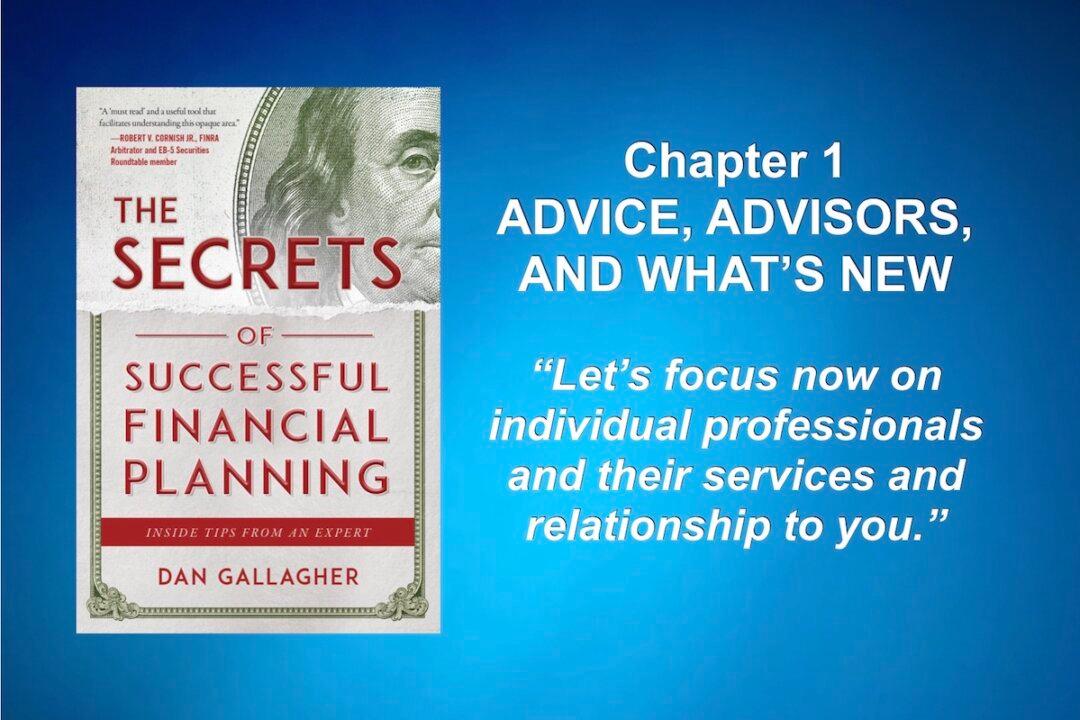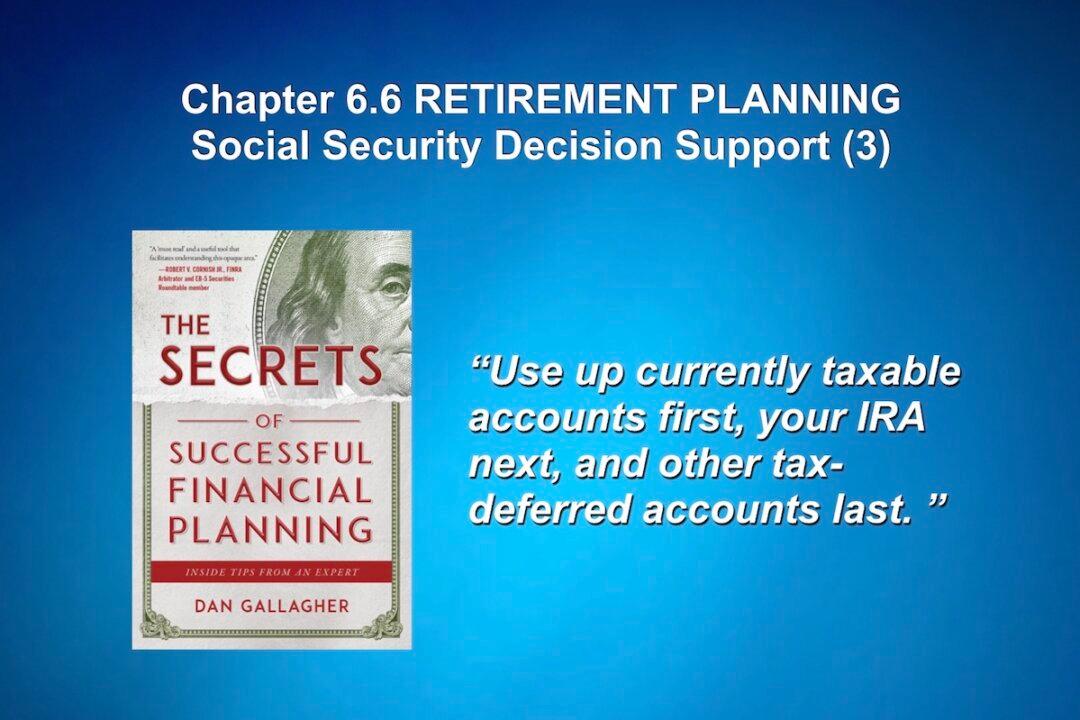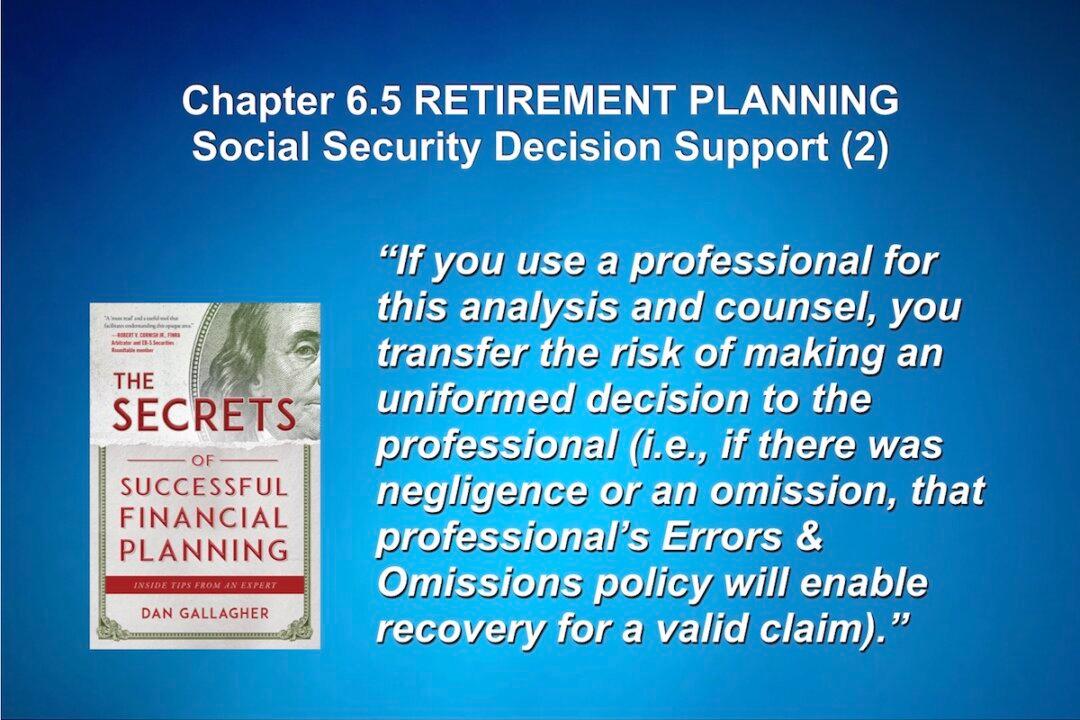Fee-Only Equals Unbiased?
You may have encountered ads that tout fee-only advisors as unbiased because they do not earn commissions. News flash: They are just as susceptible to bias as commissioned advisors! The fee-only model can actually be detrimental to the consumer. Fee-only advisors earn most of their fees from asset management, either personally managing the buy-sell-hold decisions day-to-day or by earning a fee from the money management firm they select for the client’s account. The larger that account, the greater the fee. But what if the client’s best move is to buy a single-pay life or long-term care policy, or what if they might need a fixed/guaranteed annuity to match up to their guaranteed-to-incur expenses? Well, purchasing such lump-pay products would take away major chunks of the assets available for the fee-only advisor to manage, hence the same potential for bias with fee-only advisors as with commissioned ones. Get an individualized analysis that identifies which types of accounts are most prudent for you to own, given your individual needs. You must trust the human being, and not distrust merely on the basis of method of compensation. A secret to finding this is to ask the advisor to show you financial plans in which he or she recommended product purchases and the rationale (with client names removed), or to demonstrate that his or her firm routinely handles both products and fee-based advice.
Now, imagine this: The new regulations decree that the reps are, individually, fiduciaries charged with having your best interest at heart. Yet the employers of these firms produce their own brand products and select a mix of competing products to sell alongside their own. These employers are not held to the standard. Firms use two criteria to select products for sale.





